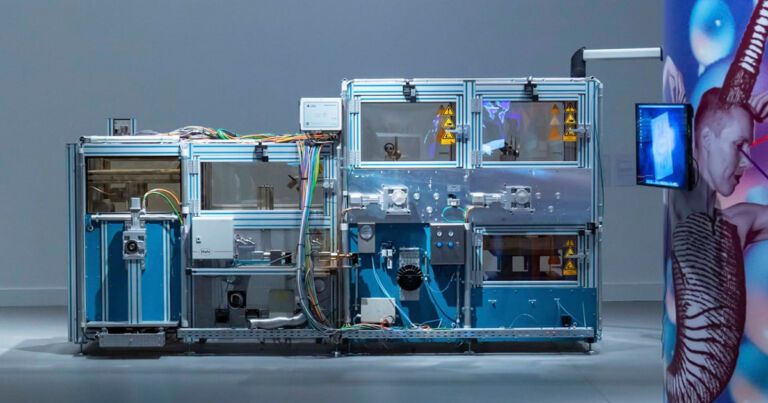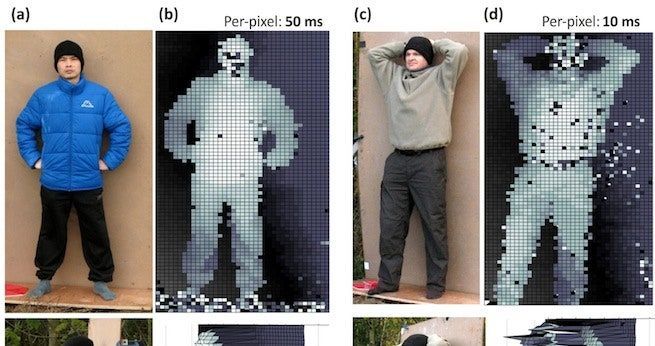I think I want non-gene hacked pigs for my supper. 😃
For the second time ever, the U.S. Food and Drug Administration (FDA) approved a gene-hacked animal for human consumption.
In this case, it’s the GalSafe pig, CNN reports, a genetically modified swine that’s safe even for people with allergies to eat. All in all, it’s a fresh sign that genetically-altered animals and sophisticated gene-hacking technology are now becoming commercially viable and entering the mainstream.
“Today’s first ever approval of an animal biotechnology product for both food and as a potential source for biomedical use represents a tremendous milestone for scientific innovation,” FDA Commissioner Stephen Hahn said in a press release.







